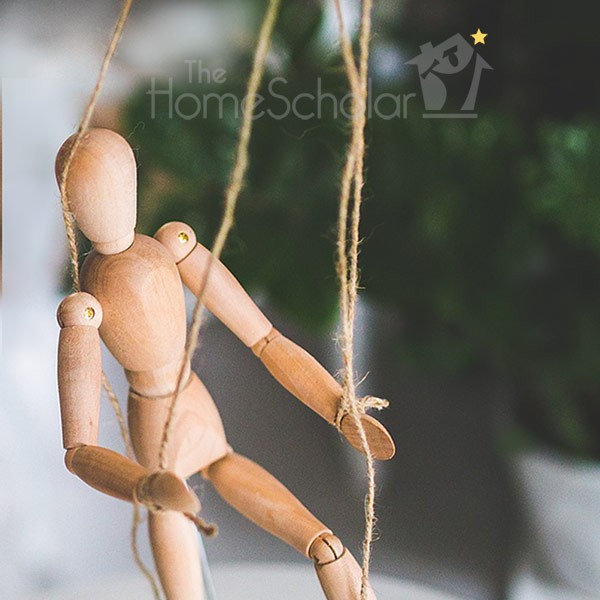
Who Cares?
Published on April 21, 2020 by LeeBinz
Too Fragile to Handle an “F”
So, in time, those nasty Fs and Es were replaced by the even more ambiguous “N,” which stands for No Credit. Getting an “N” for a class is the academic equivalent of winning the immunity idol on Survivor. An individual’s poor performance is Neutralized by a grade that does not get credited to their GPA. Because of this new ruling, with a little bit of planning, a student could theoretically fail Math, Science, English and History, get an A in PE and emerge the semester victorious with a 4.0 GPA! This is “real” learning.
Why do some leaders fail to understand that “natural consequences” are, in fact, natural? Why can’t they see in the normal course of events some students will succeed and others will fail? Why won’t they acknowledge that emphasizing good feelings does much more harm to failing students than allowing them to experience a little “reality-based therapy.”
Despite plenty of evidence to the contrary, I believe what our educational leaders lack is NOT common sense (though this may sometimes be an unpopular opinion, work with me for a moment).
I believe what they lack is ownership. After all, who cares about one student in a sea of hundreds or thousands of others?
The Timeline of Neglect
First there is half day kindergarten followed by half day daycare. Here, Junior is conditioned to behave in a way that will minimize disruption. “Getting Along” is the chief civic virtue. “Sharing is caring,” “treat others the way you want to be treated,” “if you don’t have something nice to say, don’t say anything at all.” These are all great values, but the motivation in teaching these values (at least for some) is not to create model citizens who are kind and compassionate, but rather obedient students who are quiet and docile. Easy to “teach”.
When Junior becomes unbearable for a single adult to deal with for a full day (generally around 7th grade,) the burden is broken into more manageable 50-minute segments, also known as “class periods.” Ownership of his education becomes even more diffused.
After nine months learning to deal with multiple custodians with multiple sets of expectations, Junior and his entire grade gets packaged and shipped downstream to the next group of unsuspecting educators. Heaven Forbid any student should fail! That would mean that teachers would need to endure them for an additional year!
You get the picture. The process starts at the time a child steps on the public-school stage and is perpetuated and reinforced by each actor in the play. No one in this sorry chain of events ever takes real ownership of the child’s education! Many teachers feel they cannot influence a student to care about their grades or education because they have 30+ other students to oversee! “Maybe next year Junior will take charge of and be passionate about their education!” they think.
If Not Them, Then Who?
Ownership promotes responsibility and constrains exploitation.
So how can we use this insight to address our very real “Tragedy of the Educational Commons?” First, we need to begin again promoting ownership in education. But, if not the government, who should own the education of our children?
Parents!
Kids deserve the commitment of parents, not just the care of the State. I believe all children have a natural hunger to learn that can be suppressed only by systemic neglect. Some kids find the connections they need to thrive in our public schools. Far too many, however, get lost in a system that was designed to deal with groups, rather than individuals. Children and parents alike are tuned in enough to know intuitively that something is amiss in our schools.
Homeschooling parents reject passivity and assertively take ownership in their children’s education. They protect their children from negative societal influence and place them in an environment where they can thrive. They cherish, they challenge, they correct, but most of all, they love. They do all this because they want their children, as unique creations of God, to get an education perfectly suited for their needs.
by Matt Binz
Mr. Homescholar


